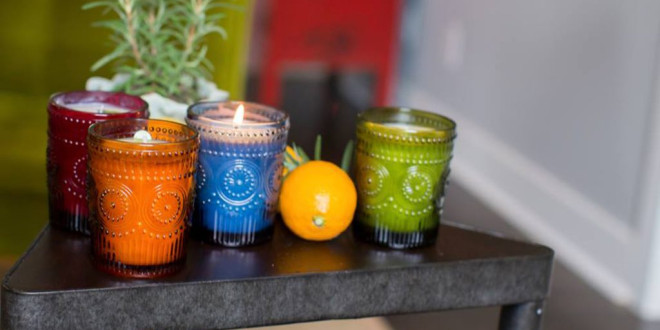[ad_1]
Chinese Wedding Etiquette
Before any wedding plans can begin, both bride and groom must arrange a meeting between both sets of parents to decide how the wedding date will be chosen and how much the dowry will be. The dowry will be paid by the groom and the money must be exchanged before the wedding date. The meeting will also help to establish which Chinese wedding traditions you will be following.
The night before the wedding
Traditionally the Bride and Groom cannot stay together the day before their wedding. They will each have to go back to their parents home or stay with their relatives and friends in a hotel.
The Chinese wedding customs that take place the day before your wedding, might include the combing of the hair. Another Chinese wedding tradition is to have a lady with good fortune set up the bridal bed the night before. Also eating a bowl of tong yuen (sweet dumpling soup) the night before is meant to signify the start of a new wholesome, complete family.
The day of the wedding
On the day of the wedding, what usually happens is the groom and his hing dai’s (group of male friends) will travel to the bride’s home to collect her. Before the groom can get his bride, himself and his hing dai’s will have to endure some Chinese wedding door games thought up by the bride’s gee mui’s (group of female friends). In modern day society, the Chinese wedding door games are more important now as the harder the tasks, the more it proves that the groom will treasure the bride. Another tradition is that the groom will have to hand the gee mui’s a lai see to enter the house after the games are played. The amount of money is made up by the number 9 and the more 9’s in that figure the better (e.g £9.99, £99 or £999. As the number 9 in Chinese sounds like the word for “long lasting”.
So after the games, the bride and groom will have the Tea Ceremony with the bride’s family. They will kneel down in front of their elders and serve tea to them whilst addressing them by their formal title proceeding with the oldest family members to the youngest. In return the bride and groom will receive lucky red envelopes (lai see) with money in them or jewellery. It is traditional for the bride to be dressed in a red kai po for the Tea ceremony but nowadays the bride is usually in her white wedding dress as couples now have to fit the wedding ceremony into the day.
After the Tea ceremony, the groom and bride will usually move onto the next venue which is usually where the ceremony takes place. The bride will leave the house under a red umbrella, this is also a chinese wedding tradition as it is meant to protect them from any evil spirits. Brides will also have to hand out lai see’s to all her younger relatives who are not yet married. It is also customary to hand out lai see’s to anyone who has helped you in your wedding, from your bridesmaids and best men to the hair dresser and chauffeur.
Nowadays there isn’t enough time in a wedding schedule to go back to the groom’s family house for the tea ceremony so now many people would have the ceremony at the restaurant. This is usually done before the banquet starts. The tea ceremony is the same as the one done at the brides house and the bride should get changed into her kai po at this point.
After the tea ceremony, the wedding banquet begins which consists of quite a few dishes including sharks fin soup, roasted suckling pig, steamed fish, lobster etc. Towards the middle course of the banquet, the bride and groom plus the hing dai’s and gee mui’s and also the bride and groom’s family will go round to each table and say cheers with everyone as thanks for coming to the wedding.

